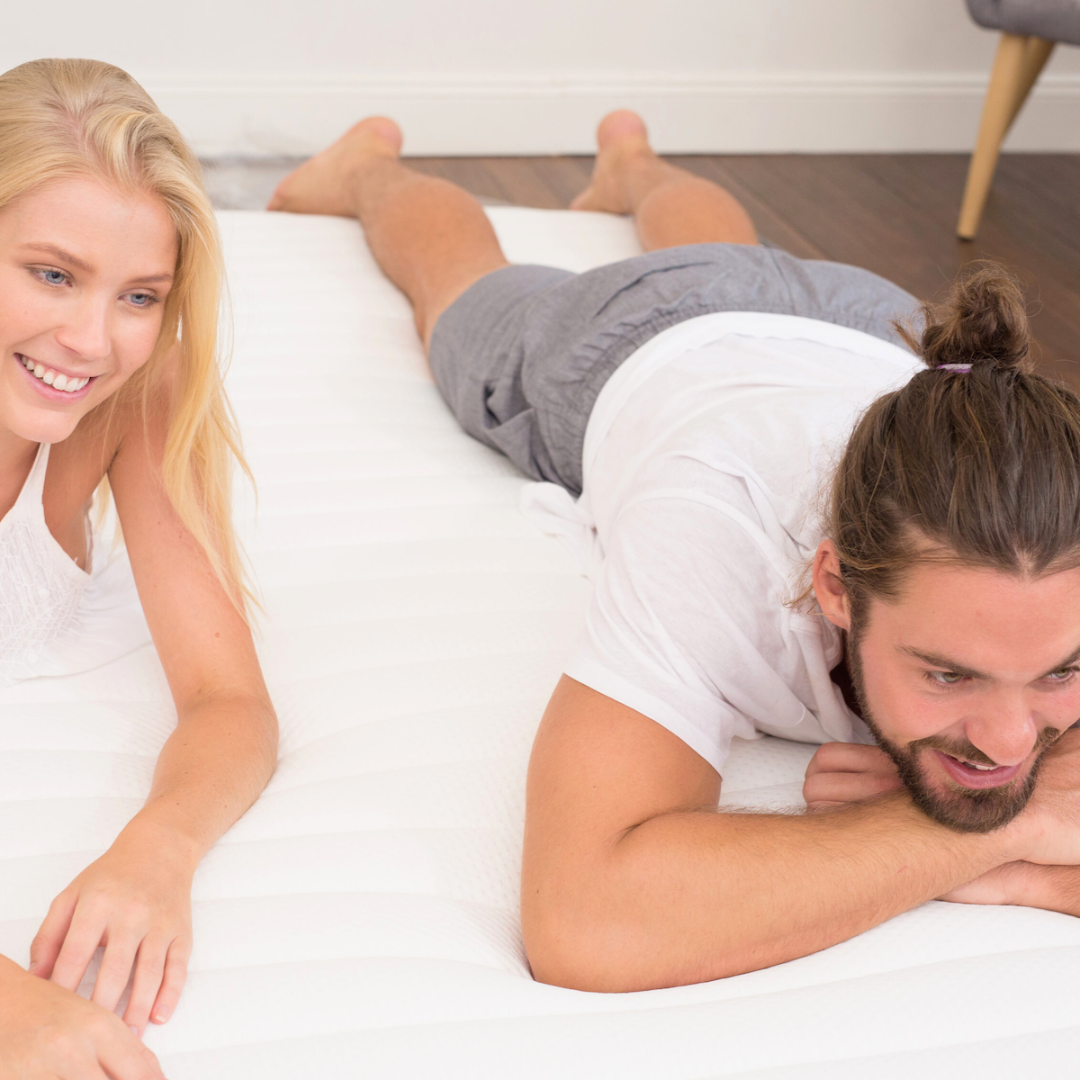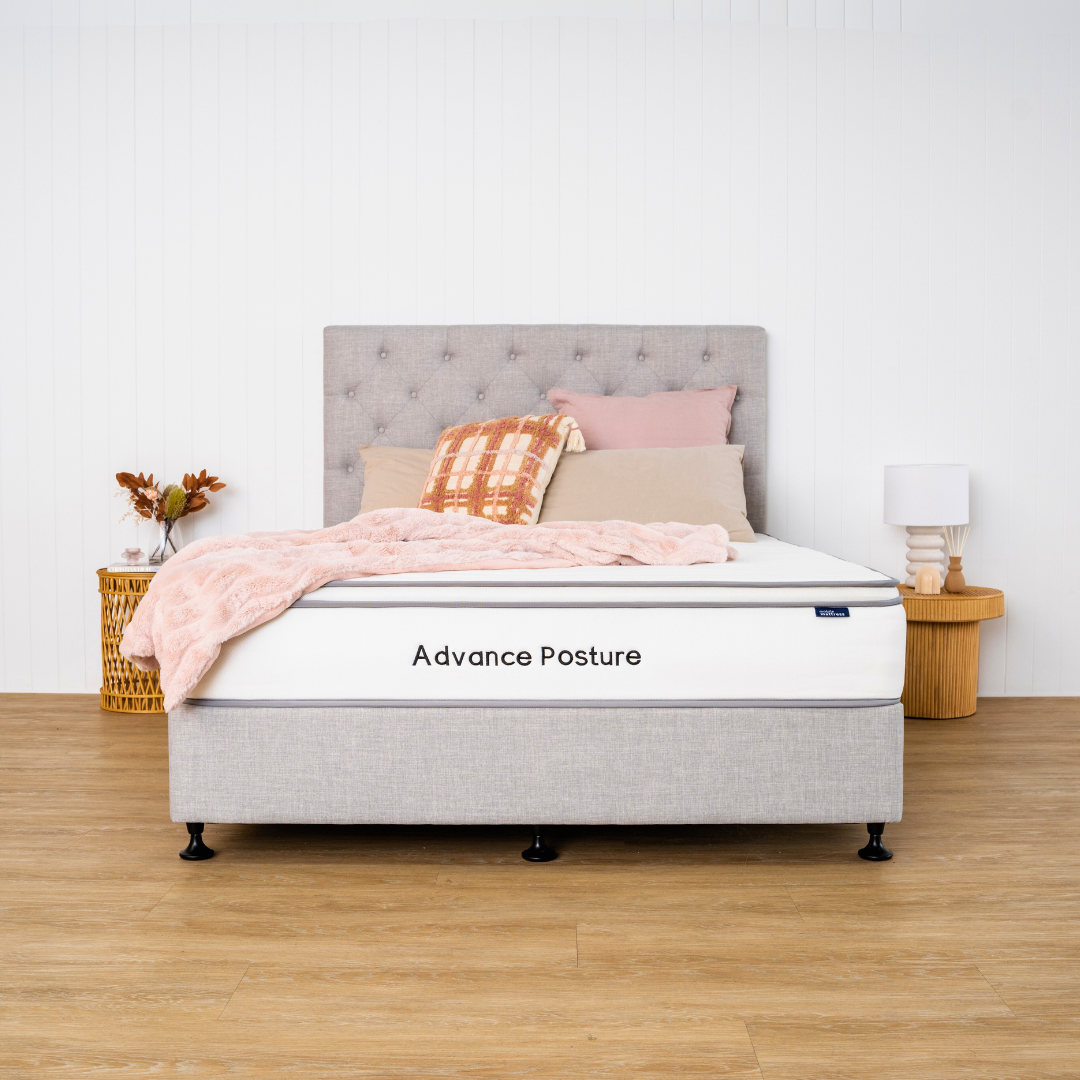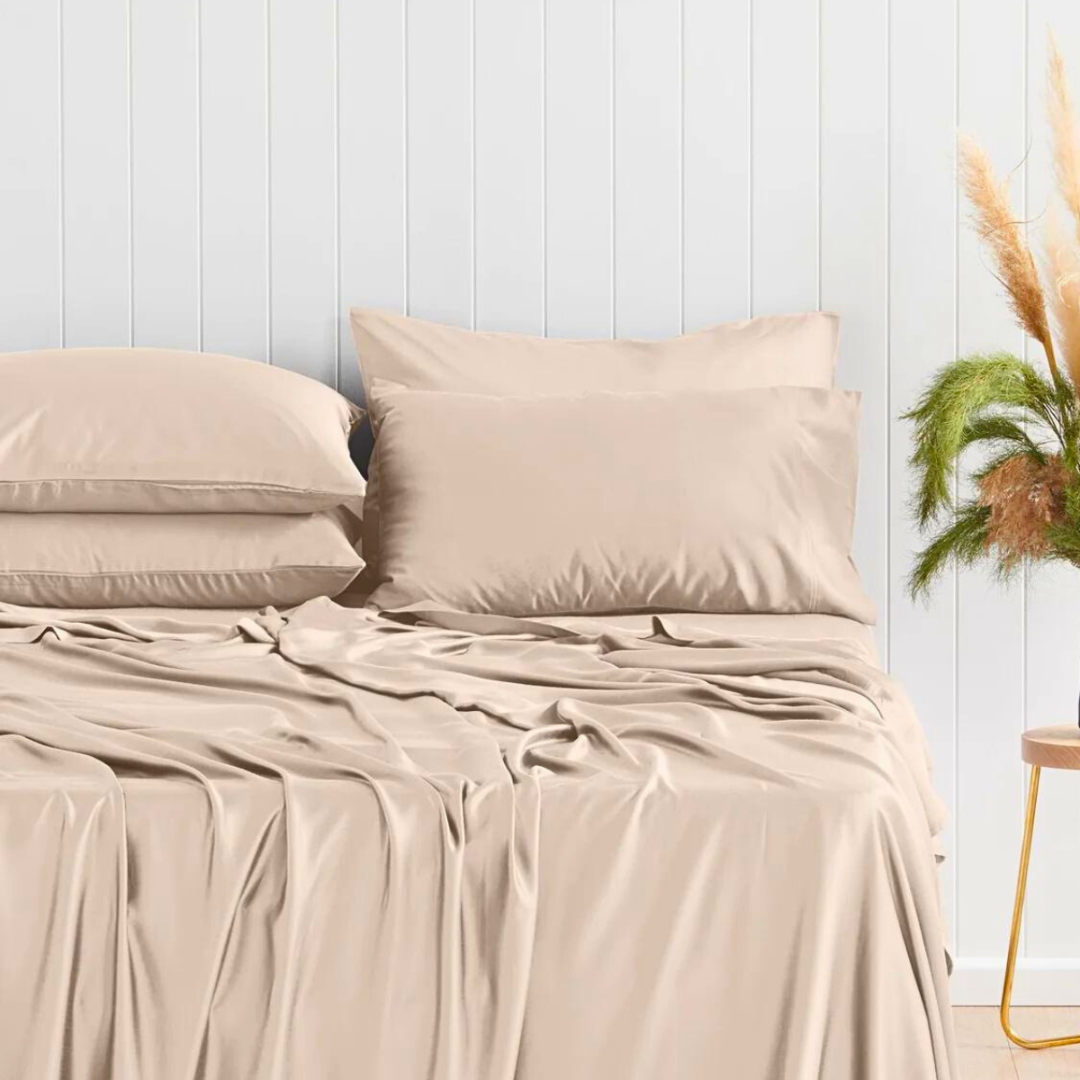What do you do when you can’t sleep? We’ve busted five myths about sleep so you don’t lose another good night’s snooze.
For some, sleeping is practically a hobby. For others, it's a sheep-counting, warm-milk drinking endeavor to reach a blessed high score of 8 hours.
So what do you do when you can’t sleep? What are the best ways to fall asleep? How can you put an end to the endless tossing and turning and pillows saturated with your own tears? (not really)
We’ve all heard the tips and tricks: Say no to that afternoon coffee, stay away from late-night Insta-stalking, don’t ask Dr Google about insomnia…
But what’s true, and what isn’t? We’ve busted the following myths about sleep so you don’t lose another good night’s snooze.
Myth 1: You can catch up on lost shut-eye on weekends
Binge eating, binge drinking – the word binge isn’t generally positive (except, maybe, when it’s preceded by Netflix?), and binge sleeping is no different. You’ll need to forget the idea that you can simply catch up on the sleep you lost during the week on your weekends, because it ain’t true.
Even after your ‘recovery’ sleep, you still won’t be performing as you should – so much so that things like driving your car can even be dangerous.
Why would you want to sleep the weekend away, anyway? The beach is calling, people! Side note: the beach is also a great place for naps. Speaking of which…
Myth 2: Taking a nap will ruin your sleep
As long as it’s not too late in the evening and it’s not more than 20-30 minutes, a nap is perfectly harmless. Because it’s short and oh-so-sweet, you won’t reach the kind of deep sleep that makes it hard for you to function afterwards, but you’ll reap the benefits of a better mood and performance, and you’ll also be more alert.
Myth 3: Late night exercising will ruin your sleep
You’ll need to find another excuse to ditch the after-work workout, because a number of studies have debunked this particular myth. Though some people may argue that it’s hard to unwind after all that adrenaline and uplifting Beyoncé, studies have shown that exercising at any time of the day, even at night, helps you sleep.
You just have to explore what suits you best – if you find that it does keep you up, ensure you put down the barbell and hit the shower a few hours before your head hits the pillow.
Myth 4: A few glasses of wine will help you sleep better
Sorry, we won’t cheers to that. The Sleep Health Foundation says that while alcohol may help you fall asleep, it won’t provide the kind of restful sleep you need, and it’s been associated with more frequent awakenings, night sweats, nightmares, and the like.
Myth 5: Counting sheep can help you fall asleep
We’ve all heard (and probably tried) this one. One sheep, two sheep, red fish, blue fish… Wait, that’s Dr Seuss, and that reminds me of…
Whether this is a good way to help you fall asleep or not, the jury is still out. Many specialists argue that it’s simply not stimulating and your brain will end up ruminating elsewhere, while others suggest that it’s too stimulating, and that you’d be better off occupying your mind with something more relaxing and passive.
We’d be interested to know – do you invite sheep into the bedroom for a better night’s sleep?









